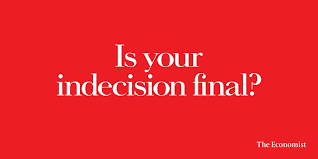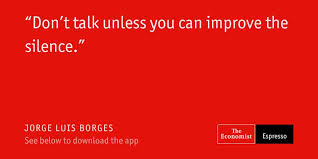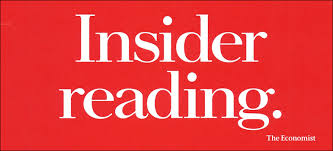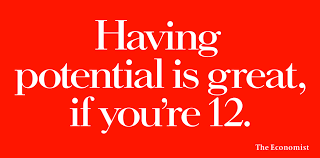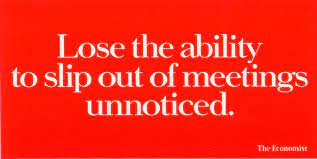With unproven innovation utility and litigation costs exceeding licence income, as well as frivolous lawsuits, legal bullying, and patent portfolios barring market entry, patent reform is essential (“A Question Of Utility”, August 8th). Patent offices are 19th century fixed fee stamping machines. There is no redress against a patent office if a patent is poorly awarded. Patent offices ration resource inputs (bureaucratic time) rather than balance supply and demand with risk. Poor quality patent issuance is an economic externality borne by society through the legal system and innovation of the past.
It could be reformed through better economics: firstly, patent offices should auction a strict number of tradable options to file patents each year at a fixed application price. Option holders could decide to file and incur the application costs, or sell the application to others if they don’t care to use it. Secondly, patent offices should provide a legal indemnity offer alongside an awarded patent. If the patent is later successfully overturned in a designated court, then the patent office pays a fixed amount towards legal costs. Customers would evaluate patent offices on the cost of an option to apply, the application fee, the scale of indemnity offered, and the supplementary fee charged if they choose to take the insurance offer. Patents would be worth significantly more with such an indemnity, especially to smaller players. Thirdly, competition, why not have more than one patent office per nation offering competing indemnity levels? Combined, these three reforms would provide the economic information society needs to assess the quality and value of patent offices.
MICHAEL MAINELLI
Executive Chairman
Z/Yen Group Limited
London
27 August 2015 – https://www.economist.com/letters/2015/08/27/letters-to-the-editor
